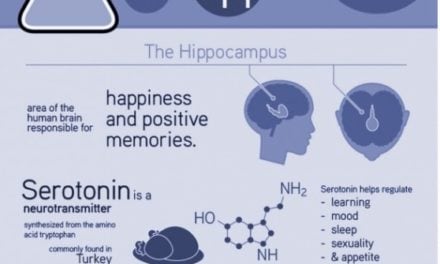Now you have another, important reason to swear off the 200-plus empty calories in a serving of sugar-sweetened soda or beverages — protecting your heart.
New research shows that consuming sugary drinks increases your heart disease risk factors, but the connection has nothing to do with your weight.
The small study (85 men and women) is the second to confirm the connection between high-fructose corn syrup sweeteners and heart health, but the first to find a dose-dependent relationship.
Scientists at the University of California at Davis placed study participants into four groups. Over a period of 15 days, each group consumed beverages that added specific amounts of corn-syrup-based sweetener to their daily calories. The baseline group did not consume any corn-syrup sweetener at all.
The low, middle and high-level groups consumed beverages sweetened with high-fructose corn syrup that equaled 10 percent, 17.5 percent or 25 percent of daily calories.
The Cholesterol Connection
At two points in the study, the researchers drew blood to measure participants’ levels of lipoprotein and triglycerides (the components that make up cholesterol), and uric acid (high levels are also a risk factor for heart disease). They found that lipoprotein, triglyceride and uric acid levels rose according to the amount of high-fructose corn syrup consumed, with the highest levels in the 25 percent group.
The findings are particularly important for black women, because nearly 50 percent of us over age 20 have heart disease.
“These findings clearly indicate that humans are acutely sensitive to the harmful effects of excess dietary sugar over a broad range of consumption levels,” said Kimber Stanhope, the study’s lead author, in a university interview.
Daily Cocktails May be Dangerous
A global study links drinking one to two drinks daily to liver disease (cirrhosis).








